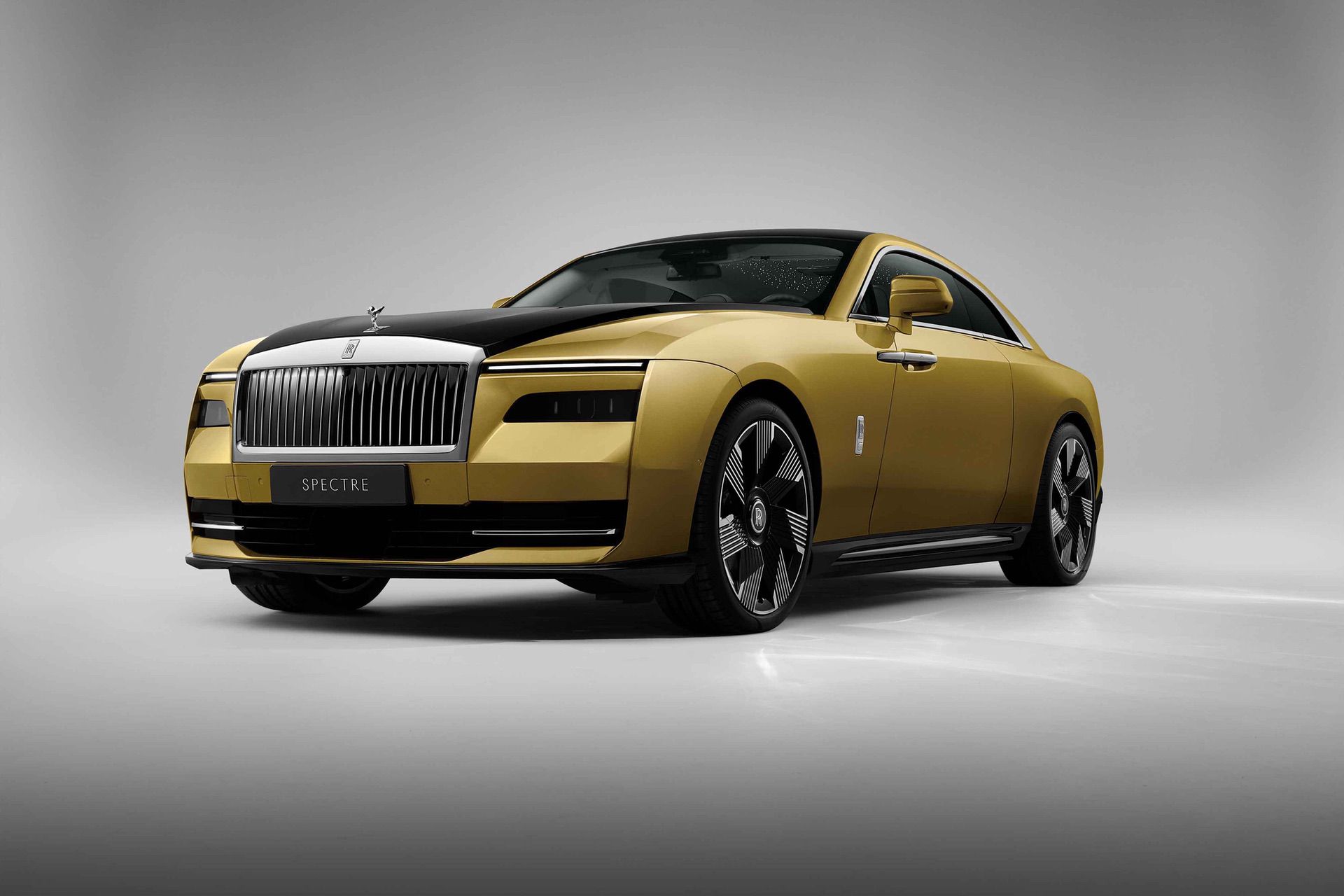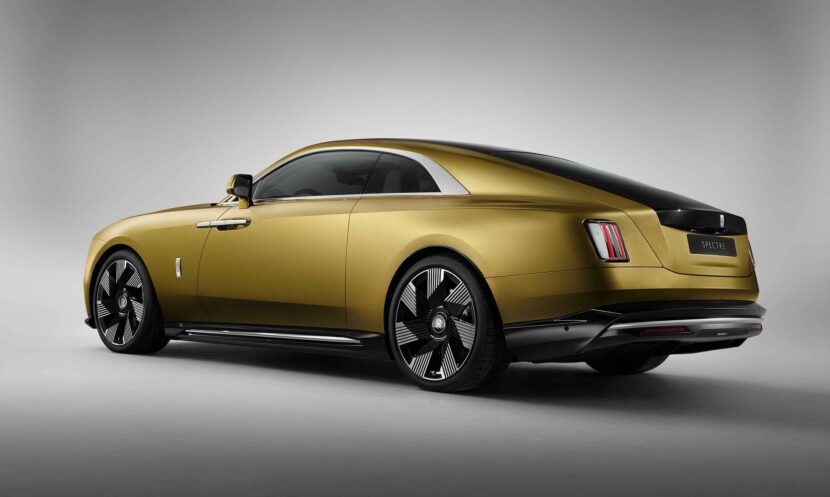Rolls-Royce had more than 300 preorders for the Spectre in the United States alone even before unveiling the electric coupe in October 2022. The strong demand has continued since then as CEO Torsten Müller-Ötvös says the order intake has exceeded the company’s expectations. In a phone call with journalists this month, the head honcho said RR might have to adjust production should the trend continue in the future.
The Goodwood-based company will commence production of its very first EV in a few months, so it still has time to decide whether a higher production output is necessary to meet strong demand. The first deliveries to customers will be made in the final quarter of 2023. RR has enough Spectre orders already to keep busy until “far” into this year, despite an exorbitant starting price of $413,000.
The British brand part of the BMW Group has described the Spectre as being the first “Ultra-Luxury Electric Super Coupé” in the world. It’s the company’s second-most expensive car, after the $460,000 Phantom flagship with which it shares the platform. Wealthy individuals have lined up to order the silent land yacht that will offer 320 miles (520 kilometres) of range in the WLTP cycle.
The Spectre has a starting price well below the €500,000 ($543,000) spent on average by a Rolls-Royce customer in 2022. Lest we forget the company set a new all-time record last year by delivering more than 6,000 vehicles for the first time. Sales rose by 8% compared to the year before, reaching 6,021 units. This new stately coupe without a combustion engine is already shaping up to be a commercial success to boost sales furthermore in the coming years.
Spectre, an electric coupe that weighs a hefty 2,975 kilograms (6,558 pounds), signals the beginning of the end for combustion engines. As a reminder, Rolls-Royce has pledged to sell only electric cars from 2030. MINI will follow suit early next decade while BMW isn’t planning to discontinue ICE-powered cars anytime soon. The core brand believes the EV charging infrastructure won’t be ready all over the world in the near future, which is it argues gasoline cars will still make sense in some regions.
Source: Automotive News Europe























































